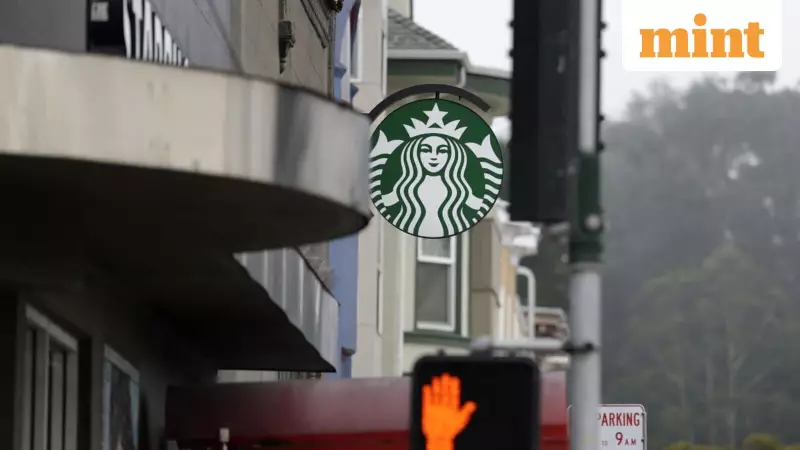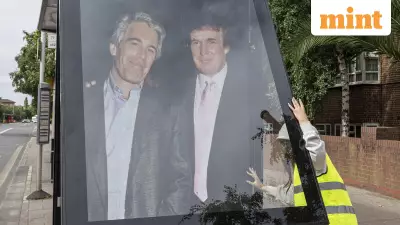
In a significant move that could ease inflationary pressures, former President Donald Trump has signed an executive order to eliminate tariffs on numerous agricultural imports that are not sufficiently produced within the United States. This decision, announced late on Friday, November 16, 2025, targets goods such as beef, coffee, avocados, and coconuts.
Relief for Businesses and Consumers
The tariff rollback comes as a major relief to a wide range of companies, from multinational restaurant chains to packaged food manufacturers, which have been grappling with rising input costs for several months. The price of key commodities had seen a sharp increase, with beef prices soaring by 16% and coffee prices jumping by 19% over the past year, directly impacting both corporate margins and consumer wallets.
This policy shift is expected to directly benefit several publicly-traded companies that rely heavily on these imported goods. The list of potential beneficiaries includes prominent names like Starbucks, Keurig Dr. Pepper, Shake Shack, JM Smucker, Cheesecake Factory, Vita Coco, and Chipotle Mexican Grill.
How Major Companies Were Impacted
The coffee industry, in particular, had been hard hit. In its most recent quarterly report, Starbucks revealed that its operating margins contracted by 5 percentage points year-over-year, landing at 9.4%. The company attributed this squeeze largely to the dual pressures of inflation and tariffs. The removal of duties on coffee, green tea, and black tea is poised to provide substantial cost relief.
Similarly, Keurig Dr. Pepper, the maker of popular coffee pods, felt the pinch. Inflation and tariffs were cited as a primary reason for a 4% decline in its international operating income last quarter, with further negative impact anticipated for the fourth quarter.
JM Smucker, a major player in the coffee and jam markets, also reported struggles. The company witnessed a stark 9 percentage point drop in margins within its retail coffee segment during the latest quarter, underscoring the severe impact of rising costs.
Restaurants and Consumer Goods Feel the Pinch
The restaurant sector was not spared. Shake Shack, for instance, confronted mid-teen percentage increases in beef prices. In response, the company implemented a price hike of approximately 2% in its last quarter and expressed concern about a challenging market for beef for the foreseeable future.
On an earnings call, The Cheesecake Factory highlighted the broader economic anxiety triggered by tariffs. Chief Financial Officer Matthew Clark stated, Tariffs cause lower discretionary income, there's then fewer jobs created and consumer sentiment is at a low point, indicating how the levies eroded overall consumer confidence.
For Vita Coco, a leading coconut water brand, the imported product faced a blended tariff rate of about 23%. The company had already raised prices in July and was considering another increase—a risky strategy that could potentially alienate cost-sensitive consumers.
This executive order marks a pivotal shift in trade policy, offering a financial reprieve to companies and potentially stabilizing prices for American consumers in the months ahead.





